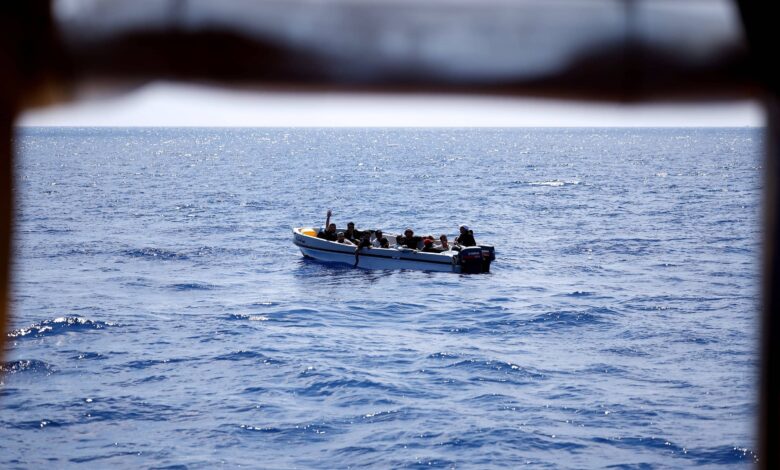
Accidentally, at least 13 migrants drowned as the boat they were traveling in sank in the waters near Yemen’s coast. The disastrous account has been affirmed by the United Nations migration agency- the International Organization for Migration IOM.
The overcrowded boat sunk on Tuesday in the waters of the Dubai district in the Bani al-Hakam subdistrict, Taiz governorate, with 25 Ethiopians and two Yemeni passengers on board. Among the perished passengers, eleven of them were men, and two of them were women, while fourteen others are still missing to this date, including the Yemeni captain and his assistant.
The IOM’s report says that the reason for the shipwreck is still unknown; however, the recent tragedy demonstrates that migrants still experience danger while using this dangerous route. As quoted in the news story, Matt Huber, the acting chief of IOM’s mission to Yemen, said,
I have, and with the prevalence of such deadly voyages, I continue to mourn each life lost in these dangerous waters and no one should consider such deaths as acceptable or routine, but rather, every effort must be made towards providing protection to migrants and assistance in their journeys. ”
This happened in the past June and July shipwrecks, highlighting the extreme risks and smuggling networks that the migrants face while risking their lives to escape conflict, famine, natural disasters, or poverty in the Horn of Africa in order to find oil-rich Gulf nations.
A total of more than 97,200 migrants arrived in Yemen in 2023, which was more than the previous year. But the few that make it to Yemen are exposed to more dangers, given that Yemen is the Arabian Peninsula’s least developed country and has been in a state of civil war for nearly a decade.
This latest tragedy is a wake-up call, a clear indication that the global society needs to come up with a proper approach, more so a humane one, that can address some of the issues that people in migration and refugee circumstances have to endure.
International Organizations, Non-Governmental Organizations (INGOs), and donor countries need to extend their support to these people to protect them from physical harm and eradicate the reasons they take such dangerous trips.



